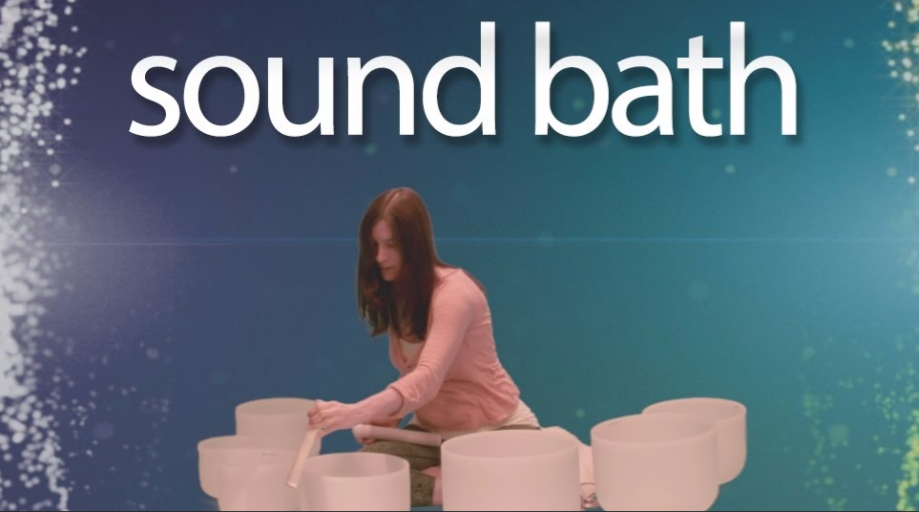What is Sound Bath?
A sound bath is a form of relaxation therapy where one sits or lies on a comfortable piece of furniture to listen to different sound frequencies of various musical instruments.
A sound bath is performed to promote relaxation, reduce stress and anxiety in people, and promote recovery from psychological problems.
The sounds and vibrations of instruments such as singing bowls, gongs, chimes, and others create a feeling of being surrounded by sound waves and promote happiness.
Negative Effects of Sound Baths
While some people find this therapy to be relaxing and rejuvenating, others complain sound bath makes them anxious, get headaches, feel sick, and experience other negative reactions.
The following are some of the disadvantages of going for a sound bath.
Overstimulation
Sound baths entrain the brainwaves in a state of deep relaxation, and some people find the sounds and vibrations from singing bowls and other tools to be overwhelming which makes them cry during the sound baths.
Overstimulating the sounds can also cause feelings of anxiety or stress in participants.
Tinnitus or hearing damage
Another danger of singing bowls is the effects on your ear drum. People don’t react to sounds the same way, and sound therapy may not be ideal for everyone.
For example, the high volumes of gongs and singing bowls in sound baths can cause tinnitus (ringing in the ears) or hearing damage to people.
Discomfort
A sound bath typically lasts for 1 or 2 hours, and you can take comfortable clothing, mat, pillow, and blanket along with you.
However, lying still in one position for this period can cause discomfort for a lot of people, especially people with physical limitations or chronic pain.
Sound baths can even make participants anxious rather than feeling relaxed and relieved of symptoms.
Tiredness
Some people can’t listen to music for an extended period without becoming a nuisance to them.
Such people may not react positively to sound therapy. Some people can develop headaches, and cold symptoms after a sound baths.
The meditative state induced by a sound bath can trigger suppressed emotions or psychological discomfort in such people.
Misuse of sound bath
Sound therapy is not a substitute for medical treatment, and relying solely on sound therapy for severe anxiety, depression, or other serious health issues can be dangerous.
Sound healing can also have serious side effects on people suffering from neurological problems.
Conclusion
A sound bath is a form of meditation and relaxation and is commonly used to improve wellness and spiritual well-being.
While there are less scientific evidence to support the health benefits of sound baths, it has great potential to improve mental illness symptoms.
Also, not everyone finds sound baths to be beneficial, enjoyable, or on the another hand, negative.
It’s important to note both the positive benefits and the negative effects of sound baths are not experienced by everyone and many people.
Therefore, if you have concerns about the potential negative effects of a sound bath, it’s always a good idea to talk to a healthcare professional before participating.

A nutritionist, fitness trainer, and public health administrator who has dedicated more than two decades to promoting healthy eating, preventive care, and sustainable lifestyle habits.
With years of experience in community health, clinical research, and wellness program development, focused on natural approaches to nutrition and disease prevention.
Driven by the belief that wellness begins with education and daily habits, at HealthPally, I’ll continue to advocate for practical ways people can live better, healthier lives.
